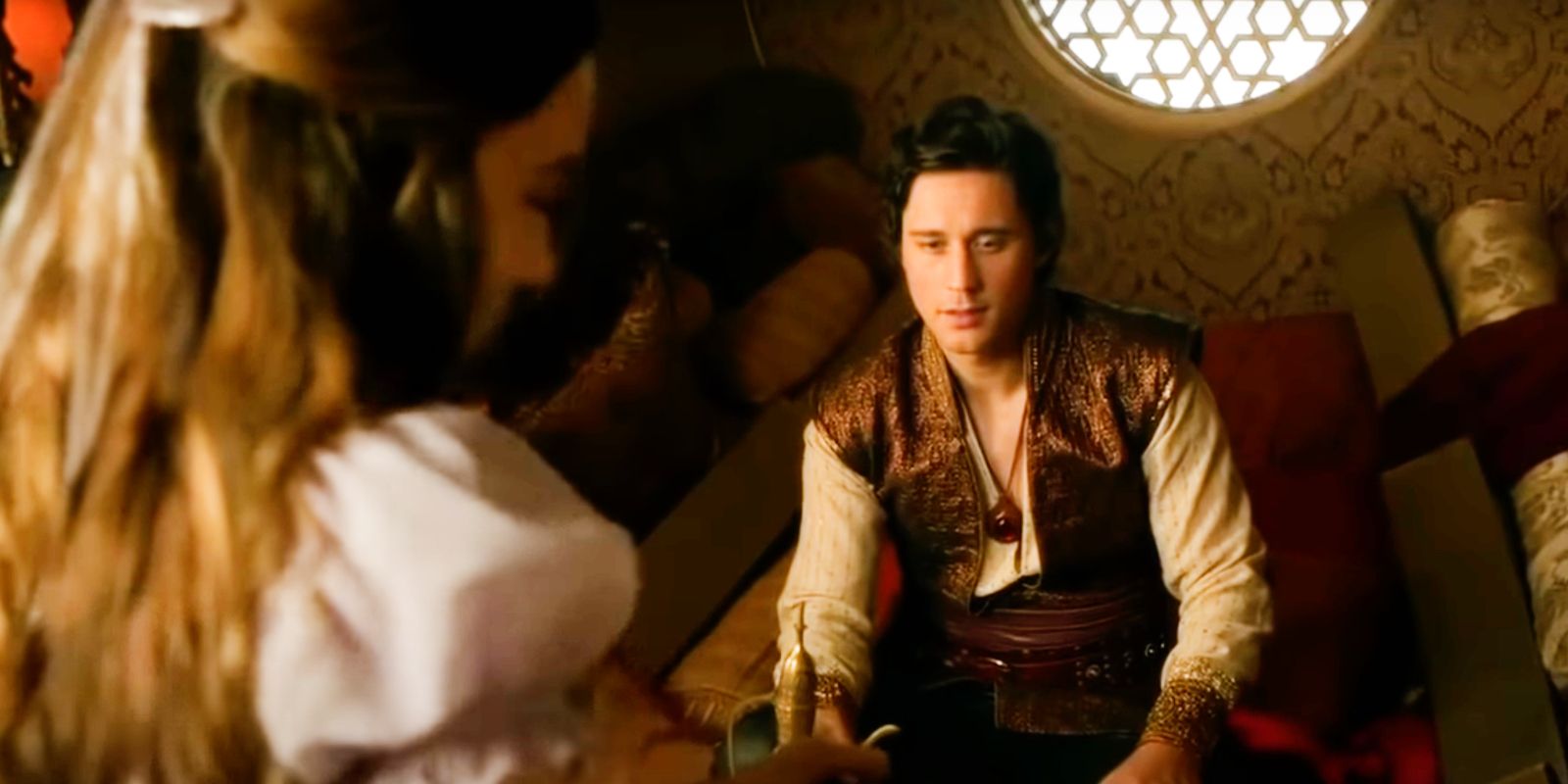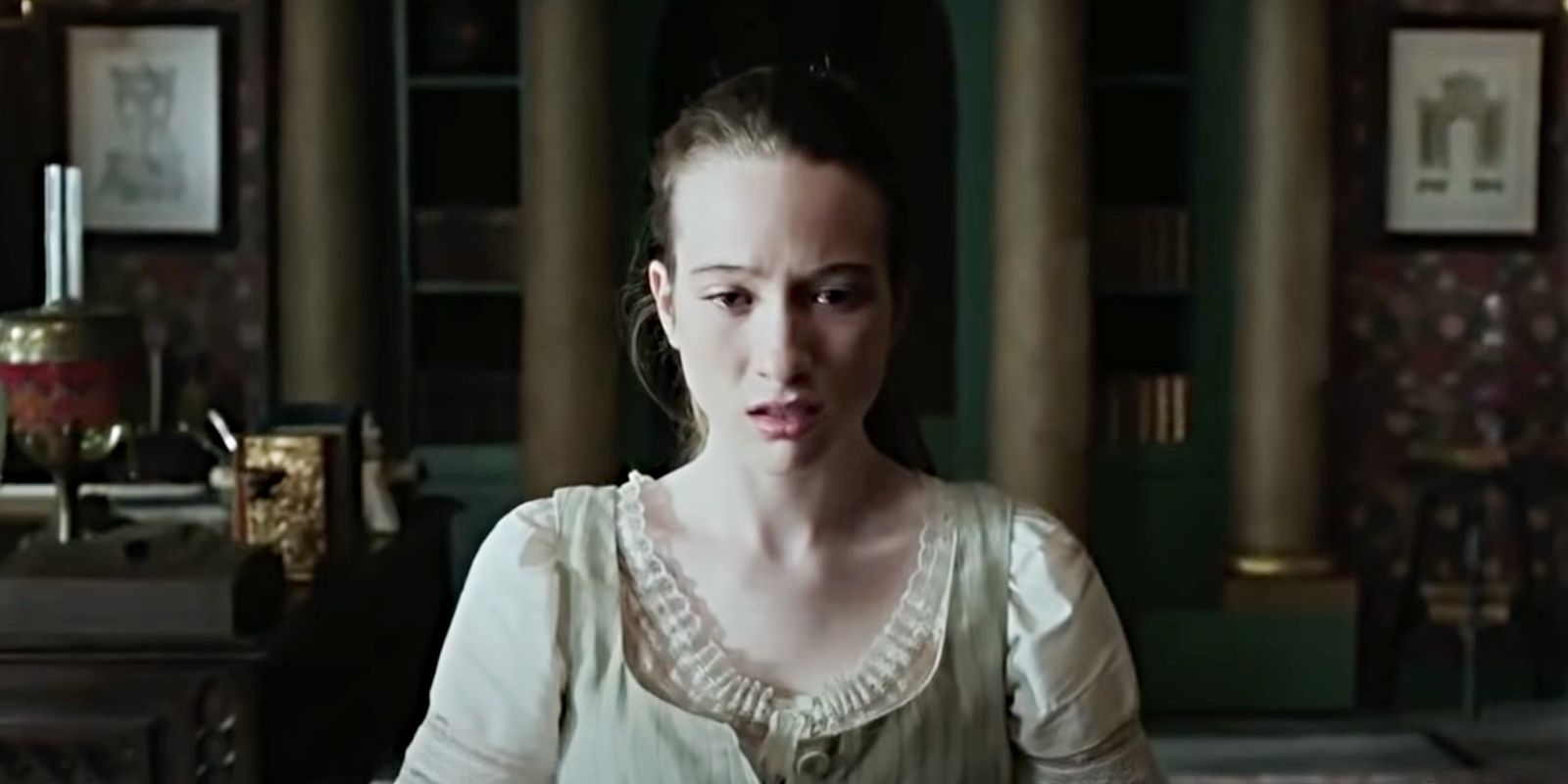Though expected to be a popular addition to network television, the Once Upon A Time In Wonderland spinoff series failed to take off and wound up weakening the momentum of its original show, Once Upon A Time. The idea for the spinoff series came after its forerunning show became a sensation on small screens following the lives of classic fairytale characters like Snow White, Prince Charming, Captain Hook, and more. Once Upon A Time was an ABC hit that aired for seven seasons and had the endless potential to expand by introducing new fairytale favorites into the fold.
Instead of lending their focus to the primary show, co-creators Adam Horowitz and Edward Kitsis ventured into a new TV series based on the Lewis Carroll novels Alice’s Adventures in Wonderland and Through The Looking Glass. The move away from Once Upon A Time’s main character Emma Swan and the fictional town of Storybrooke meant that the franchise could explore more fantastical settings, like Wonderland, and delve into characters audiences had yet to see in Once Upon A Time. The spinoff’s premise seemed like an appealing idea, especially because it followed the winning formula of its predecessor, yet it failed to make traction and was quickly canceled.
Once Upon A Time In Wonderland’s Cancelation Explained

At first, Once Upon A Time In Wonderland was intended to be a miniseries that bridged the gap between seasons of the flagship series. It was imagined that when Once Upon A Time was done for a season Once Upon A Time In Wonderland would serve as ‘gap programming,’ go in between the regular seasons of OUAT, and would maintain the franchise on ABC while the original series was in recess. This method could have been successful had it been implemented, as Once Upon A Time’s audience would have naturally transitioned over to the spinoff while waiting for the original series to return.
Despite it being a pretty smart objective, ABC opted to run Once Upon A Time In Wonderland while OUAT was still airing and in the historically problematic network TV time slot of Thursdays at 8 p.m. According to The Hollywood Reporter, ABC Entertainment Group president Paul Lee spoke openly about Once Upon A Time In Wonderland’s change of direction in spite of confessing to it being a grave mistake:
“That Thursday slot is difficult. [But] we loved the idea. We knew the creative was great, and so we loved the idea of having a run of empowered women going all the way through Thursday night [with Grey’s Anatomy and Scandal]. But in retrospect, I think it would have done better there, and I should have stuck to the earlier idea. …I totally take responsibility for that.”
Constrained to Thursdays before much more popular TV shows like Scandal and with its flagship series playing on the weekends, Once Upon A Time In Wonderland struggled horribly, and as the spinoff failed to grow an audience, it was canceled after its first season.
How Once Upon A Time In Wonderland Hurt OUAT

Although Once Upon A Time In Wonderland was canceled well before OUAT culminated in its season 7 series finale, the spinoff series did end up wounding the franchise in the long run. Once Upon A Time In Wonderland had the right premise for expanding the franchise into a fairytale universe with new storylines, characters, and settings but could not step up to the responsibility. Had Once Upon A Time In Wonderland committed to being a gap miniseries, it may have been able to win over and maintain OUAT’s audience, avoid cancelation, and continue the franchise by introducing more fairytale worlds in itself or in the inspiration of other franchise spinoff series.
But, it simply wasn’t the case, and the chosen direction of Once Upon A Time In Wonderland inevitably immobilized the expansion of OUAT’s universe. The original series eventually made it to seven seasons on network television, but there’s no telling what the franchise would have become if Once Upon A Time In Wonderland found success.




